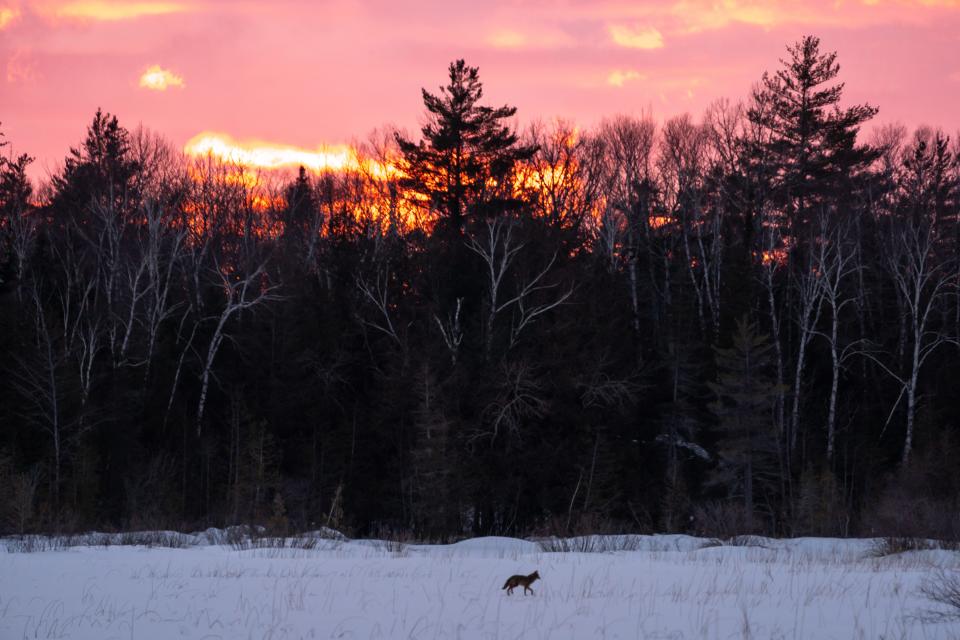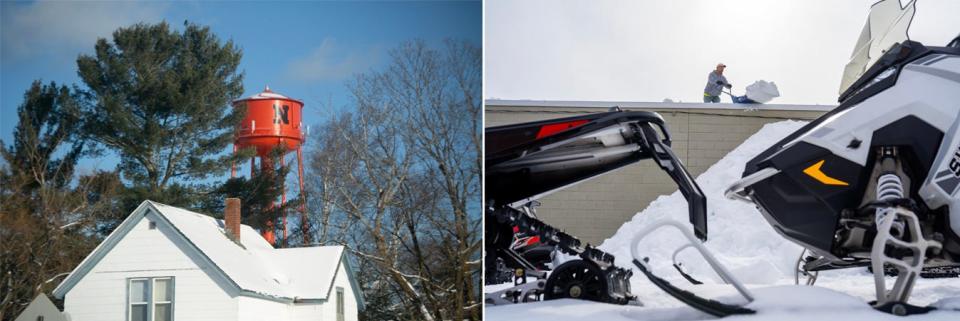Michigan's Upper Peninsula

Michigan’s Upper Peninsula is a mosaic of water and woods.
Bordered on three sides by Great Lakes, it includes a national lakeshore, two national forests and thousands of inland lakes and rivers. At more than 16,000 square miles, it’s almost twice as big as New Hampshire, though it’s sometimes forgotten by mapmakers who mistake it for part of Wisconsin or Canada.
It’s a magnet for campers in the summer, hunters in the fall, snowmobilers in the winter and mushroom pickers in the spring.
But all that natural beauty comes at a price.

The U.P.’s population is about 300,000 and it is spread out in a series of small towns separated by miles of woods. It’s been shrinking for decades.
The rugged climate has demanded a certain level of self-reliance beginning with the tribes of the Anishinaabe people, the first to carve paths through its wilderness. They were followed by frontier French missionaries who arrived in the 17th Century and the Finnish miners, who arrived 200 years later.
Today, residents still take pride in their ties to the wilderness and that can-do spirit. It's not uncommon for them to work two or three jobs to scratch out a living. They endure long winters where snowfall has been known to come in both September and May. They also bear the scars of social struggles like high rates of binge drinking and newborns treated for drug withdrawal.

Combatting those ills is complicated because social safety nets are spotty and police service is sometimes delivered from a Michigan State Police post 50 miles away.
The disappearance of Derrick Henagan took place in that isolation, fueled by a small-town drug culture that has never really been stopped.
Sign up for our email updates on this story through our newsletter.
To support investigative journalism like this, please subscribe to the Detroit Free Press and be sure to rate and review this podcast.
This article originally appeared on Detroit Free Press: 'Where Secrets Go To Die:' Virtual tour of Michigan's Upper Peninsula

